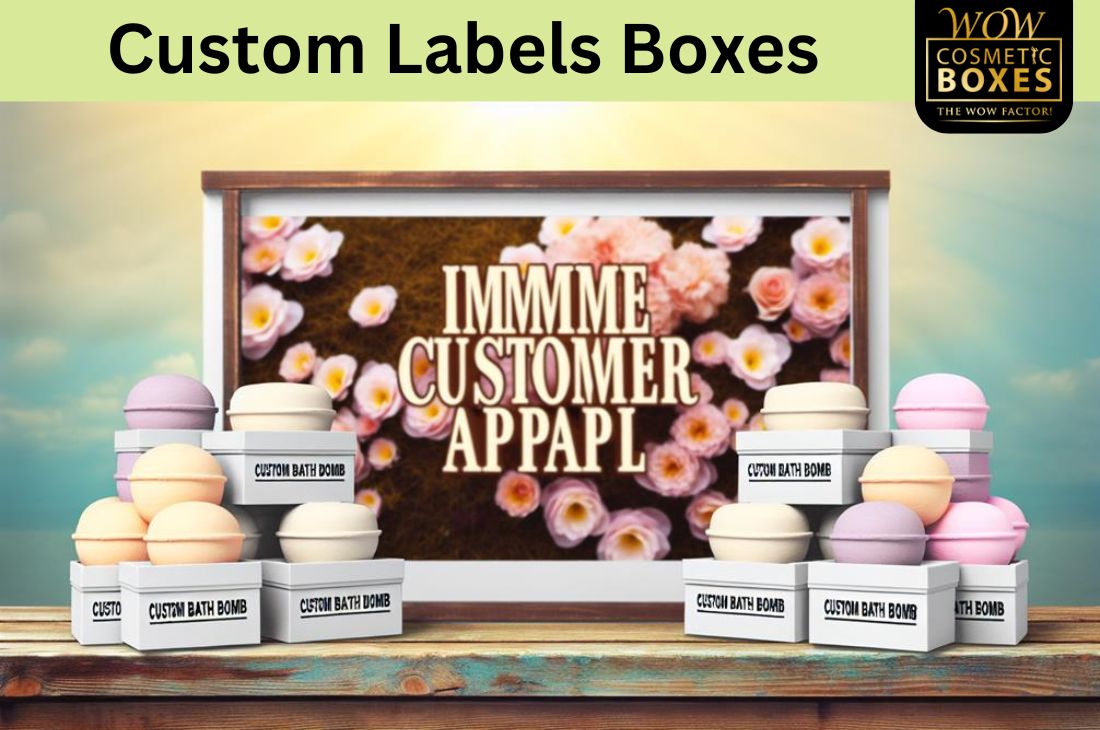
When you’re exploring eco-friendly materials for custom retail packaging, consider these five options. Recycled paper products cut down on waste and energy use. Biodegradable plastics are made from renewable sources and break down within a few years. Compostable materials, like those from cornstarch, naturally decompose and support a circular economy. Plant-based inks, derived from renewable resources, enhance your packaging while minimizing harmful emissions. Finally, sustainable textiles like organic cotton and bamboo are not only compostable but also chemical-free. Each choice boosts your eco-credentials and attracts environmentally conscious customers. There’s so much more to discover about these materials!
Main Points
- Recycled paper products reduce energy use by 60% and appeal to 66% of consumers favoring sustainable packaging.
- Biodegradable plastics made from renewable sources decompose within months, offering a sustainable alternative to conventional plastics.
- Compostable materials, derived from plant-based sources, break down in composting environments, reducing landfill waste and promoting a circular economy.
- Plant-based inks, made from renewable resources, lower VOC emissions and enhance packaging aesthetics while aligning with sustainability initiatives.
- Sustainable textiles like organic cotton and hemp are compostable, free from harmful chemicals, and cater to increasing consumer demand for eco-friendly options.
Recycled Paper Products
Recycled paper products are a game changer in the quest for sustainable retail packaging.
By using post-consumer waste, you greatly cut down on virgin materials, conserving precious resources.
Plus, recycled paper production requires 60% less energy and reduces air pollution by 70%.
When you choose certified options, you boost your brand’s eco-credentials, appealing to the 66% of consumers willing to pay more for sustainable packaging. Additionally, using eco-friendly Kraft paper for your packaging enhances the appeal of your products while supporting environmental sustainability.

Biodegradable Plastics
As consumers increasingly demand sustainable options, biodegradable plastics emerge as a viable alternative to conventional materials. Derived from renewable sources like cornstarch and sugarcane, these plastics decompose within months to a couple of years. Additionally, the demand for sustainable packaging solutions is on the rise, making biodegradable options an attractive choice for brands looking to meet eco-conscious consumer preferences.
Compostable Materials
While many packaging options contribute to waste, compostable materials offer a sustainable solution that breaks down naturally in composting environments.
Made from plant-based sources, like cornstarch and mushrooms, they notably lower your brand’s carbon footprint. Additionally, using eco-friendly alternatives like compostable materials can enhance your brand’s image and appeal to environmentally conscious consumers.
Plant-Based Inks
Switching to plant-based inks not only enhances your packaging’s eco-friendliness but also aligns your brand with growing consumer preferences for sustainability.
These inks, made from renewable resources, reduce reliance on petroleum and lower VOC emissions, improving air quality.
With vibrant colors and durability, they’re perfect for your packaging supplies.
Plus, many are biodegradable, supporting your commitment to a circular economy.
Sustainable Textiles
When you choose sustainable textiles for your retail packaging, you’re not just making an eco-friendly decision; you’re also enhancing your brand’s reputation.
Textiles like organic cotton, hemp, and bamboo are home compostable and free from harmful chemicals.
Using recycled polyester greatly reduces waste and carbon footprints.
With increasing consumer demand, embracing these materials not only benefits the planet but also attracts environmentally conscious customers. Additionally, adopting eco-friendly materials aligns with consumer demand for sustainable packaging solutions.
Conclusion
By choosing eco-friendly materials for your custom retail packaging, you’re not just making a smart business decision; you’re also contributing to a healthier planet. From recycled paper products to sustainable textiles, these options help reduce waste and minimize your carbon footprint. Plus, using biodegradable plastics and plant-based inks can enhance your brand’s image as environmentally conscious. So, let’s embrace these innovative materials and make a positive impact, one package at a time!

